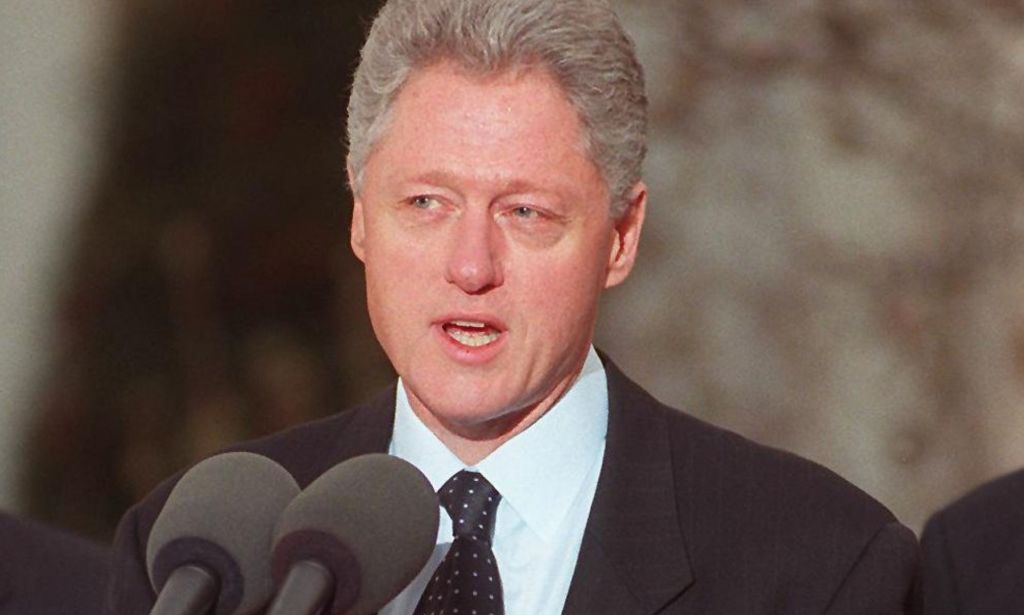LGBTQ+ veterans dismissed under ‘Don’t Ask, Don’t Tell’ given honourable discharge

Hundreds of LGBTQ+ US veterans’ discharge status has been upgraded to ‘honourable’. (Getty)
Hundreds of LGBTQ+ US veterans' discharge status has been upgraded to 'honourable'. (Getty)
The US military has amended the records of more than 800 veterans fired under “Don’t Ask Don’t Tell” to make their discharge “honourable”.
Secretary of defense Lloyd Austin revealed on Tuesday (15 October) that the discharge status of 851 former members of the armed forces had been changed, removing the stigma of a dishonourable discharge.
Don’t Ask Don’t Tell, introduced in 1994 during Bill Clinton’s first term as president, barred any open discussion of LGBTQ+ identities within the military, resulting in several veterans being discharged dishonourably from their posts, meaning they did not receive benefits such as healthcare and pensions.
Austin said the move was part of the current administration’s desire to “redress the harms done” by the discriminatory policy.

“Brave LGBTQ+ Americans have long volunteered to serve the country they love,” Austin said. “Some of these troops were administratively separated from military service under the now-repealed Don’t Ask, Don’t Tell policy.
“Under president Biden’s leadership, the Department of Defense has taken extraordinary steps to redress the harms done by Don’t Ask, Don’t Tell and other policies on these former service members.”
The policy was repealed in 2011, and the defence department vowed to identify veterans who received a discharge other than “honourable” little more than a year ago.
An outreach campaign, conducted by email, mail and through not-for-profit organisations, helped identify 851 veterans but the Williams Institute on Sexual Orientation and Gender Identity Law and Public Policy has estimated that more than 13,000 military personnel had been discharged under the regulation since 1993, with at least 25 per cent of them being women or members of ethnic minorities.
The Department of Defense’s website says more than 2,000 of those discharged were dismissed less-than-honourably between 1994 and 2011.
Austin admitted that the process would be “difficult to navigate” but that the department was making efforts to improve its outreach so the veterans affected could “obtain corrective relief”.
Share your thoughts! Let us know in the comments below, and remember to keep the conversation respectful.

